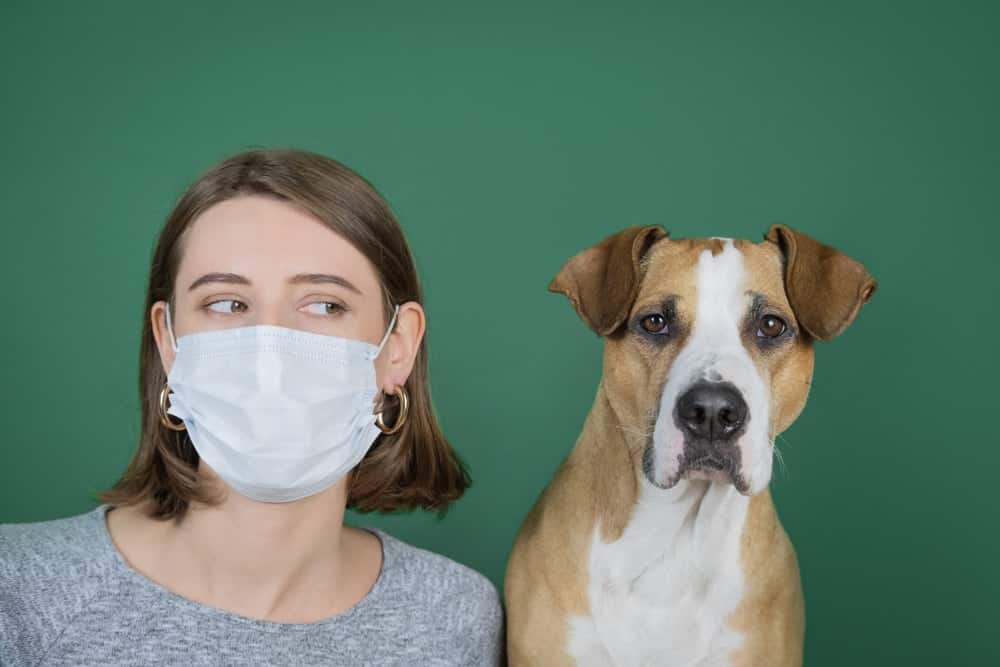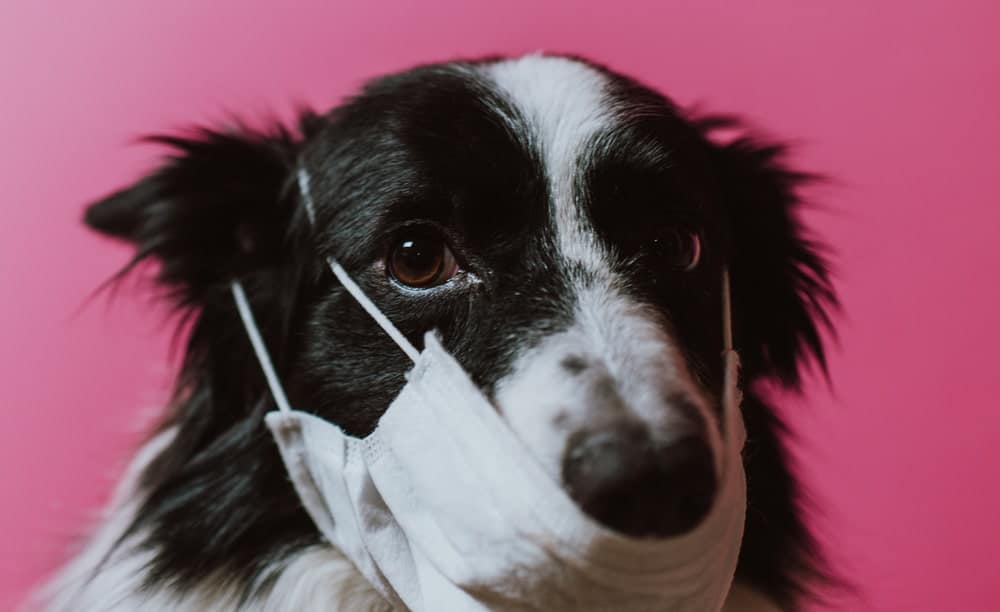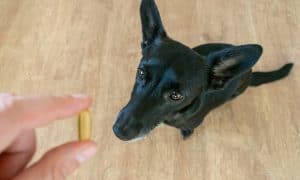“This post contains affiliate links, and I will be compensated if you make a purchase after clicking on my links.”
We as humans take our safety and well-being as extremely seriously – and it’s our responsibility to do the same for our pets. How well can they fare in such a dramatic shift of environment? And how as pet owners can we protect them as well as taking care of their daily needs?
Here we’ll look at the science behind coronavirus, how COVID-19 can affect pets, and give advice to pet parents on how best to look after animals during these troubling times.

COVID-19: How and Why?
Corona viruses are actually more common than we think. These viruses hail from a whole lineage of RNA viruses throughout the passage of time, infecting animals and humans alike. Corona is even the common cold (MERs-CoV/Middle east respiratory syndrome coronavirus), yet it is also the highly infectious SARs-CoV-2 (Severe acute respiratory syndrome coronavirus). Meaning there are an enormous variety of corona viruses out there and many that we have yet to discover.
Scientists believe from recent studies that this variance of corona-the SARs-CoV-2 first got introduced from Chinese horseshoe bats and later transmitted this virus to Chinese pangolins (Manis pentadactyla). These are often illegally smuggled a lot from Chinese markets and also serve as food. In this time the virus was said to have transmitted to humans, and the process of transmitting to humans from animals makes it a Zoonotic disease. The virus was first discovered and thought of as a pneumonia-like disease infecting individuals in the Wuhan district, but later on found to be an undiscovered version of Coronavirus. Although there was no direct link discovered between the first believed victim of the Covid-19 and the animal market, it’s still under investigation as to how it initially spread.
These viruses are spread by respiratory droplets or breathing talking in general. Sneezes and coughing can cause these droplets to spread as far as six feet on unmoving wind or air. These droplets are inhaled by other animals in the six-feet vicinity, which causes them to contract the disease.
This notorious virus exhibits a severe liking to enter any host available and causes severe respiratory problems. In more extreme cases, individuals are unable to breathe, rendering them unconscious. If proper procedures are not introduced to keep them breathing with the help of machines the result can be fatal.
Related: Indoor Activities To Keep You And Your Dog Active During Self-Isolation
How Can COVID-19 Affect Our Pets?

Since animals spread the virus to begin with and passed it from one species to another, there is reason to believe the virus can affect animals or test positive for it – but as pet owners, we should not worry.
New lab experiments have revealed that dogs have a strong immune response to the virus, and are not really susceptible to the infection.
Cats, however, can be infected with the coronavirus that causes COVID-19. The first animal to be tested positive in America was a 4-year old Malayan tiger, who contracted the disease from an infected personnel of the zoo. Two cats in New York then tested positive for the virus and exhibited respiratory problems before making a full recovery. These cats were the pets of infected individuals, which caused researchers to deduce that this human to animal transfer infers pets can be infected by their owners as time goes on. It has not been reported however that felines can spread the virus to people – so there is no reason for pet owners to panic.
These recent Chinese lab experiments also revealed that ferrets can become infected and spread the virus to other ferrets, but are less likely to get diseased clinically like the cats. Pigs and poultry (birds which are kept for their eggs like chicken) can get infected but can’t be diseased, as the virus can’t reproduce well in these animals.
Related: Family Pug Tests Positive for Coronavirus—Here’s Why You Shouldn’t Worry
Can Humans Contract The Disease From Their Pets?
There is no evidence to support these claims and worries. Viruses can survive for a time being on surfaces, so there is a miniscule chance of you contracting the disease from your pet’s fur – but it is very low. That said, it’s always a good idea to practice good hygiene around pets and other animals
Best Practices For Your Pet’s Health
- If you or anyone contracts the disease, try to reduce close contact with your pets as much as possible
- Try to limit their movement around the house and don’t let in your bed or room if you are infected. Clean their food supplies or packaging, and let others take care of them just in case.
- Stock up on food and on medication for the pets if they need them for a few weeks, preferably four weeks
- Wash your hands before and after touching the pets. Clean everything they touch regularly, toys, water bowls, beds, towels and everything they use.
- Keep grooming materials at home and keep anything extra. Don’t visit grooming services and such.
- Avoid going to the vet unless it is an emergency and there is no better solution, keep your vets updated before you visit them. Many are only open for strict emergencies.
A Cure For COVID-19
At this current date and time, there is no cure available for Covid-19. Scientists are working day in and day out to find temporary measures or a permanent fix to this disease. They are going as far as testing the capability of known drugs to fight off the virus, which includes HIV medication and flu drugs, and even unsuccessful Ebola drugs. For more detailed Information on drugs click here.
In order to keep you and your pets safe, please act according to the World health organization (WHO). Take into consideration that every piece of information is being updated on the daily basis. Please follow CDC and WHO for more updated information about the virus. www.cdc.gov/coronavirus/2019-ncov/daily-life-coping/animals.html
Emma is a professional writer and blogger, with two furry friends and a lot of pet behavioral and pet health knowledge to share. She has written for numerous big animal magazines and health sites, and is a regular contributor to The Catington Post.


















